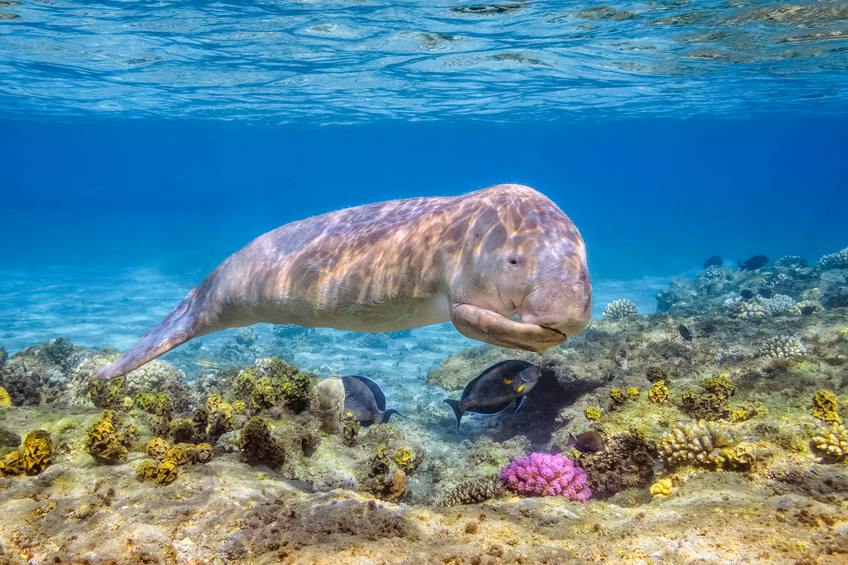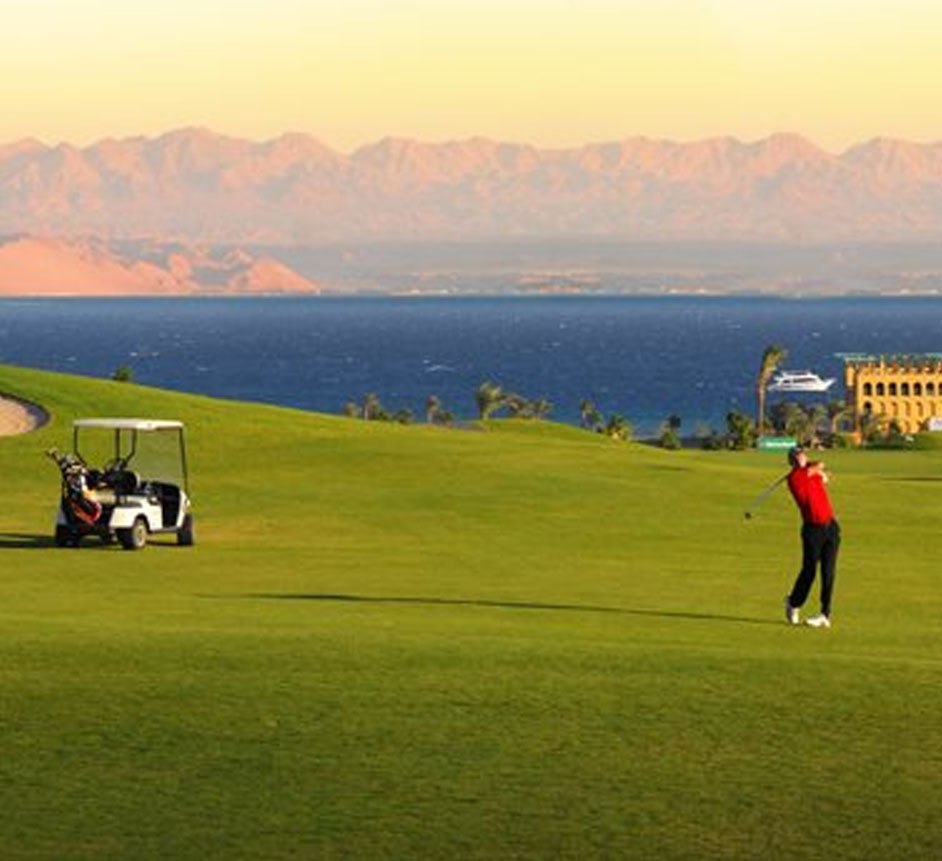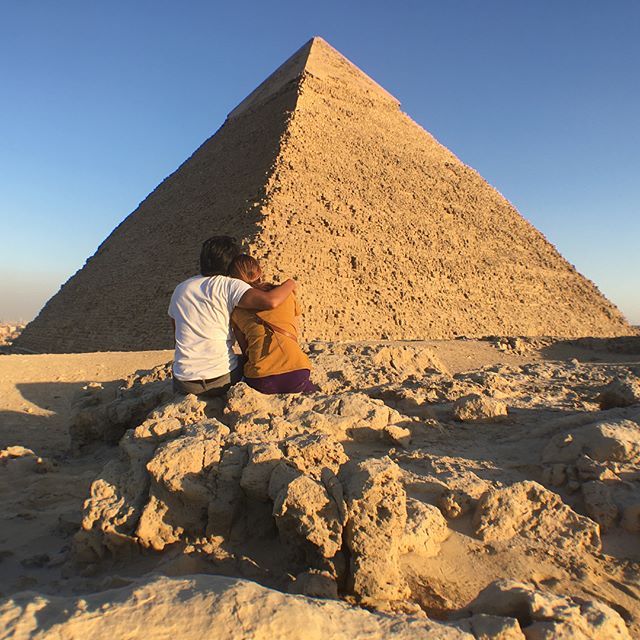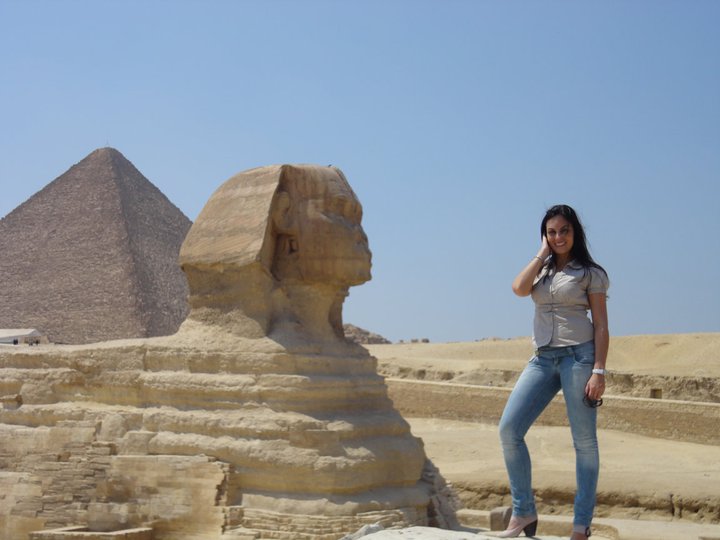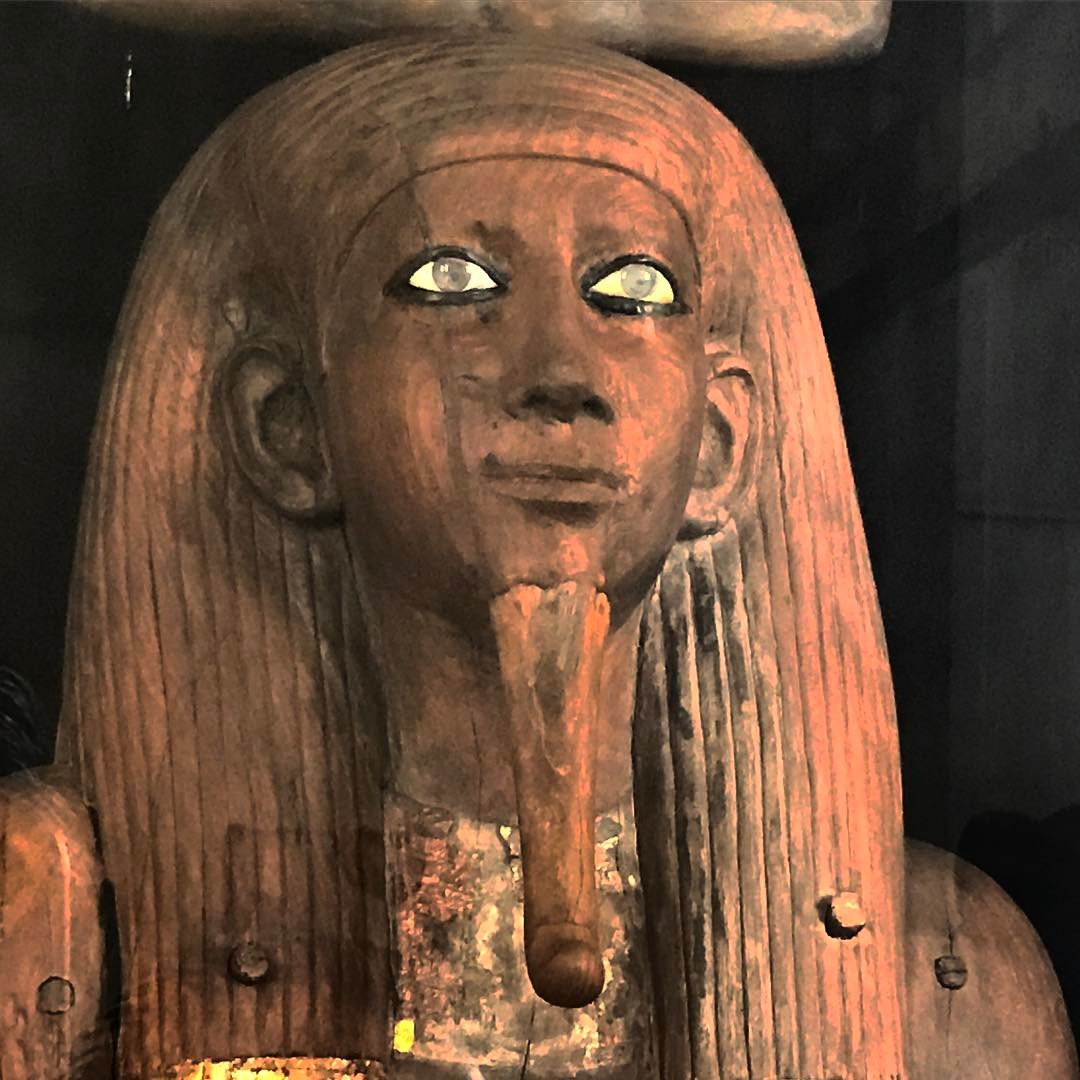Ancient Religion to visit in Egypt Vacation
16/07/2017
In Egypt Vacation you will pursue the ancient religion. The religion of the Ancient Egyptians was extremely important to them and touched every aspect of their life. The religion of Ancient Egypt was a polytheistic religion (with many gods). There was just one short period of monotheism (the worship of one god), during the reign of Akhenaten - who became known as the Heretic Pharaoh.
Ancient Egyptian Religion - The Gods and Goddesses:
You will know in your Egypt Vacation about the Egyptian Gods who numbered nearly 2000. The main Egyptian Gods and Goddesses were fundamental to the Ancient Egyptian religion and fundamental to their beliefs. The main gods were worshipped throughout the whole of Egypt but many minor gods had just a local following. There were massive temples built to the gods but small shrines were also found in the homes of the Ancient Egyptians. In difficult times Egyptian Gods were offered various gifts, which were accepted by the priests and priestesses who offered prayers on behalf of the donor.
Egyptian Gods & Goddesses - Main Beliefs of the Egyptians
The religion of the Ancient Egyptians encompassed the following fundamental beliefs:
1: The Priests evolved a Family tree of the main Egyptian Gods and Goddesses to explain how some of the Gods and Goddesses were related.
2: Life and Death were seen as stages of progress to a better life in the next world
3: All Egyptians provided for their afterlives according to their earthly means
4: The Ancient Egyptian Priests evolved a creation myth, or cosmogony, to explain how some of the Gods and Goddesses came into being and then the nature and genesis of the universe
5: The priests then evolved a family tree to explain how some of the Gods and Goddesses in the religion were related
6: In the Ancient Egyptian religion certain animals were seen as sacred as they believed that the Spirit of a God resided in these animals which were revered and worshipped as reincarnated Gods during their lifetimes
Mummification:
The Egyptians believed that preserving the body in death was important to keep their soul alive. In the process of mummification the brain and the internal organs, except the heart, were removed. The Ancient Egyptians believed that a physical body was essential for an eternal life for the deceased. Without a physical body, the soul had no place to dwell and became restless forever
Tombs - Tomb decorations carried messages affirming the religious beliefs of the person
The Underworld The Underworld, called Duat, was a land of great dangers through which every Egyptian would need to pass through after death according to the beliefs of the Ancient Egyptian religion.
The Book of the Dead - Definition: A guidebook is known as the Book of the Dead which contained spells and instructions to ensure safe passage through the dangers of the Underworld. Funeral prayers and spells were chanted to Egyptian Gods and a papyrus scroll of the Book of the Dead was buried with the Ancient Egyptians
Hall of the Two Truths - The God of the Dead Anubis would lead the dead in the Underworld at the Hall of Two Truths to a set of scales where his or her heart was weighed against the feather of truth and their fate would be decided - either entrance into the perfect afterlife or to be sent to the
Devourer of the Dead
The Afterlife - A perfect existence in an ideal version of Egypt. Ancient Egyptians provided for their afterlives according to their earthly means
Temples were believed to be the dwelling place of the Egyptian Gods and Goddesses. Only priests and priestesses and the Pharaoh were allowed inside the temples. The common folk were only allowed access to the temple forecourts
Statues of the Gods - Statues of the Gods and Goddesses were believed in the Ancient Egyptian religion to be living embodiments of the deities. The statues were revered and offered prayers together with physical items such as food and drink. The statues were washed, oiled and adorned with make-up, jewelry, and clothes
Divine Kingship - The Egyptian Pharaohs were also believed to be living Gods in the Ancient Egyptian religion Pharaohs believed that they became gods in the afterlife. Ancient Egyptians believed that as long as a pharaoh's name was remembered, the king would live on through eternity
Pyramids and other monuments such as tombs and obelisks were inscribed with the names of Pharaohs and scenes that represented their earthly lives
The Ancient Egyptian religion held the belief that each person was thought to have three souls:
The "Ka" - "soul" or "vital energy" - a "double" of a living person. The heart was considered to be the seat of the Ka
The "Ba" - said to emerge from the body at death, similar to a ghost who could visit previous haunts of the mortal world
The "Akhu" - center point of each person's divine soul
There is a lot more you will get to learn in your Egypt Vacation.
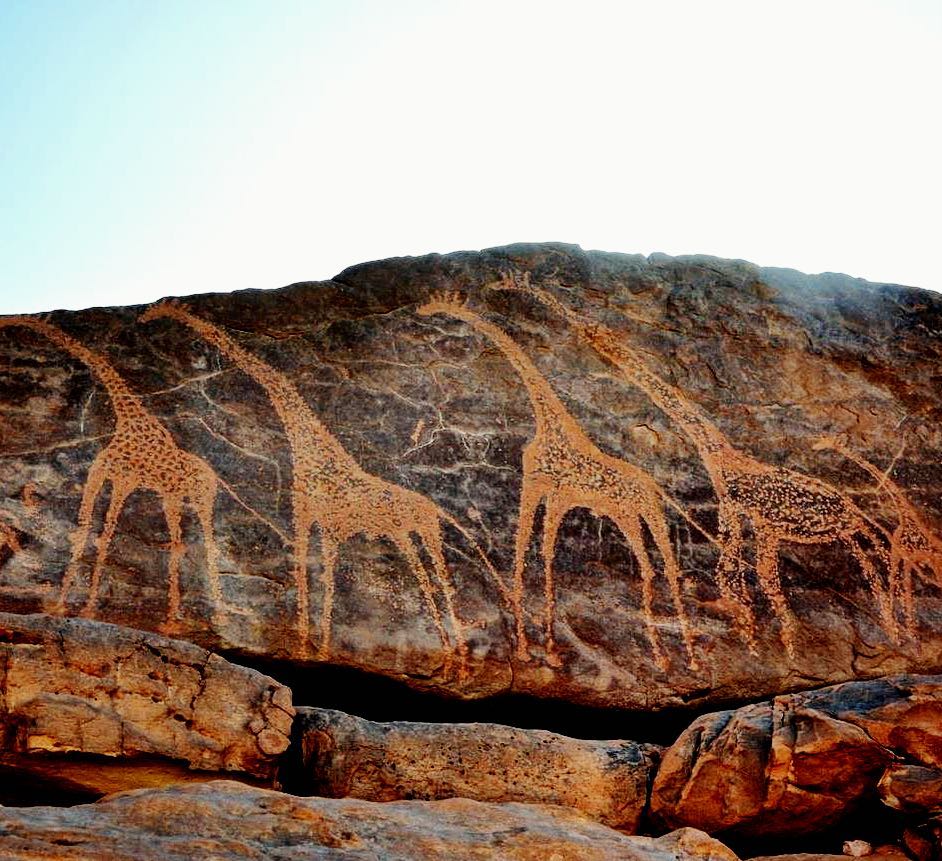
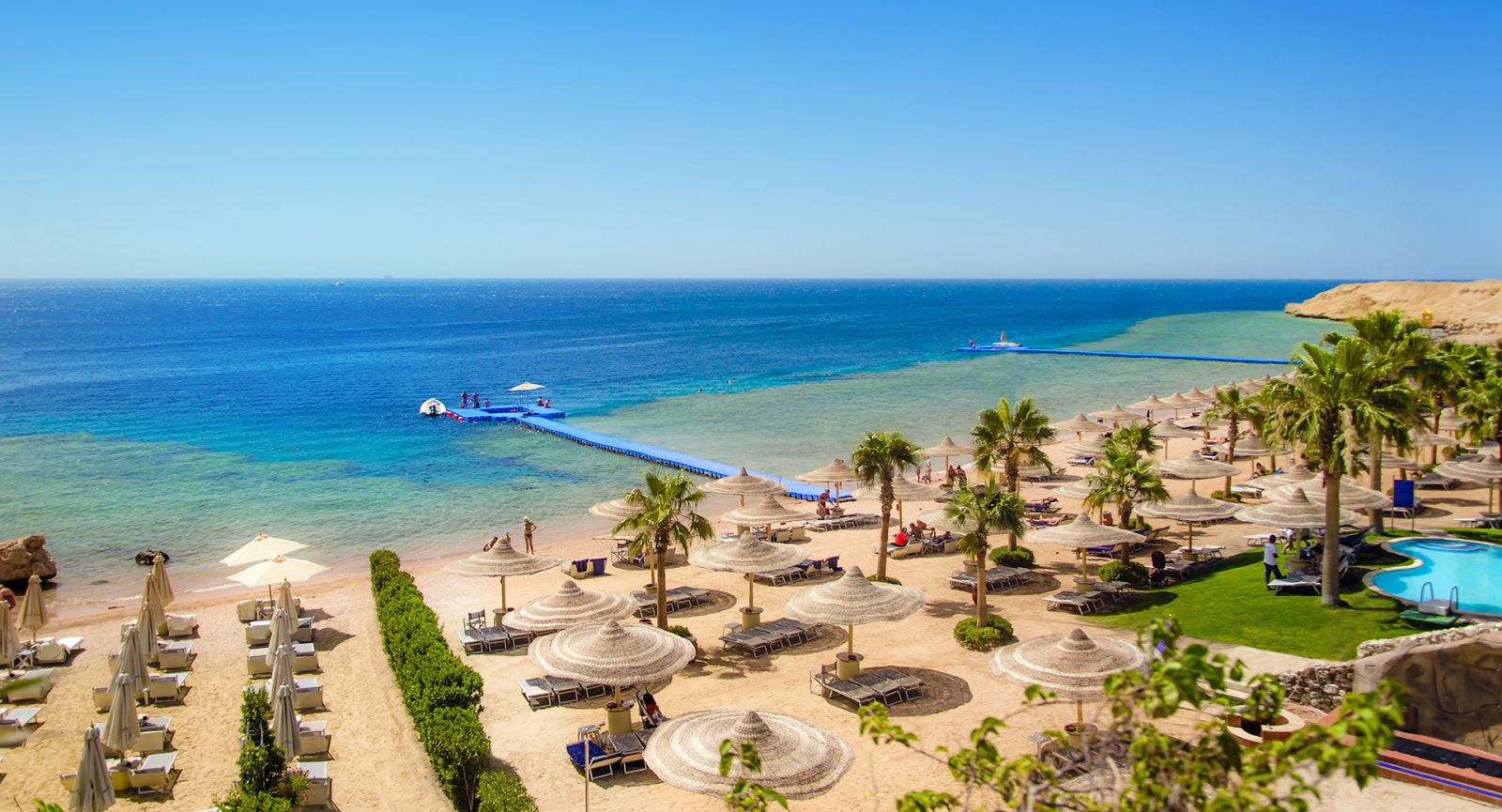
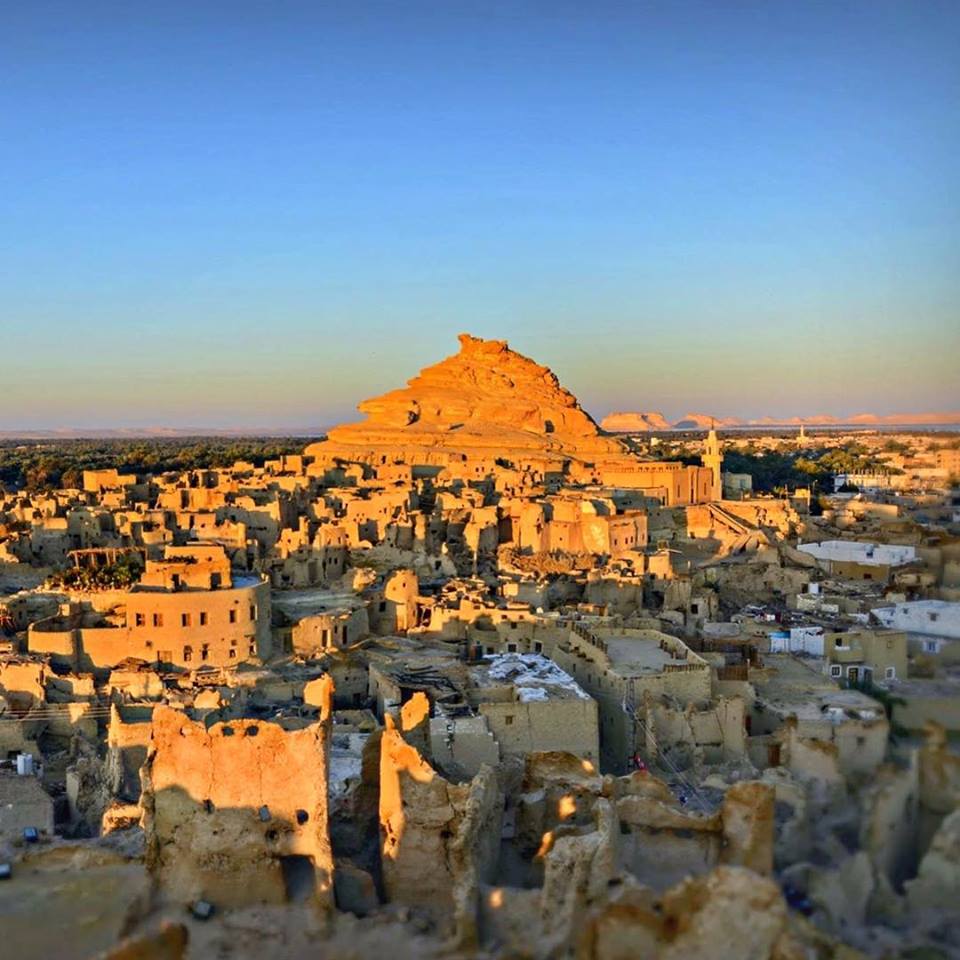
.jpg)
